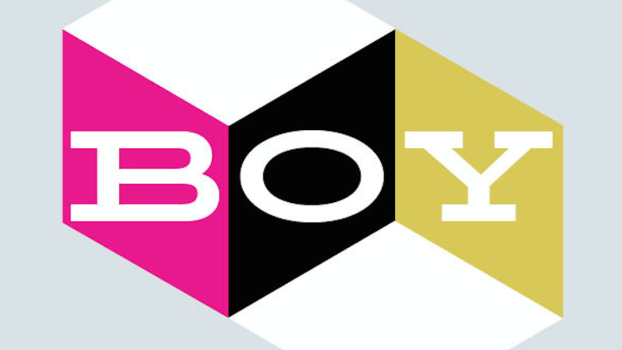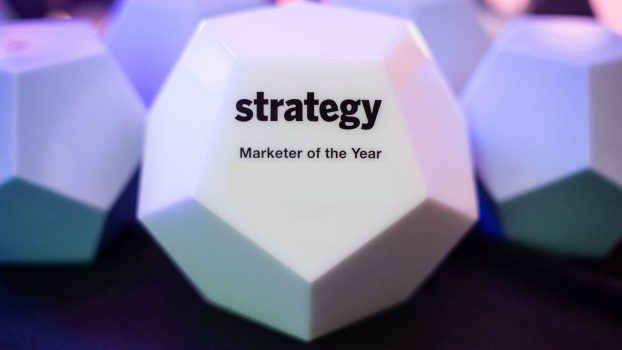Dentsu pulled from a variety of research sources and the insight of its experts across offices in North America to compile this year’s edition of its annual trend report, looking ahead to the biggest factors businesses and brands will be shaped by in the year ahead.
Chief among them: the need to innovate no longer being a “nice to have” within organizations, but a business imperative to deal with the level of upheaval being felt in consumer relationships. And this upheaval goes beyond people doing more online shopping – it’s reaching the foundational elements of brands’ interactions with consumers.
Dentsu called out three things that brands typically rely on most to build meaningful relationships with consumers: interaction, interest and inspiration. But like brands’ business overall, these factors are undergoing a change themselves.
With Google planning to phase out third-party cookies, brands not only need to find a new way to learn about their customers and target them, but do it in a way that addresses the fact that the vast majority feel the risks of data collection outweigh any benefits – meaning it doesn’t matter how rewarding or customized a brand interaction is, there is still not enough in it for many consumers.
Interruptive advertising has also become a less powerful channel due to new media consumption habits getting super-charged by streaming services that aren’t reliant on advertising. And people are less trustful of brands, with a significant portion saying they have stopped buying brands because they don’t trust the company that owns it.
To combat this, Dentsu suggests three areas of focus.
The first is trust, which is becoming more important but hard won in a time when people trust institutions, technology companies and media outlets less. But when ad creative remains the biggest driver of attracting people’s attention – good creative versus poorly received creative can impact recall by 17%, according to Dentsu’s own research – it can be put to good use to authentically build engagement and address what might be contributing to a particular brand’s trust gap.
The second area is being more attentive to the ways consumers connect with brands. While it is yet to be seen whether Mark Zuckerberg’s big bet on the “metaverse” will be prophetic enough to justify positioning his entire company around it, Dentsu uses it as an example of something brands need to, at the very least, be aware of and get ready for, along with other virtual realities and emerging creator economies on social platforms or with NFTs. And it is best to do it now so brands can learn how people engage with each other and expect to be engaged with by brands, instead of playing catch-up.
The third is investing in start-ups and setting up spin-off ventures, pointing to the fact that funding hit a new high in the first half of 2021, reaching $79 billion across 2,099 deals. And some of them are things like PepsiCo’s PantryShop and Heinz to Home, signaling a trend among established businesses to use their venture plays to explore new DTC models. Whether it is through DTC or the next way consumers buy from brands, any organization investing in emerging companies can accelerate their innovation agenda by acquiring capabilities that have been developed with a digital-first mindset and in a more flexible environment, unburdened by their own legacy structures.
























